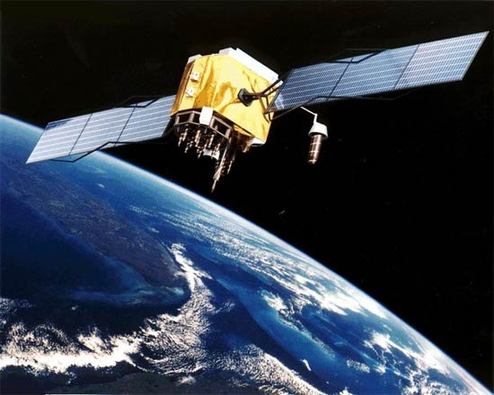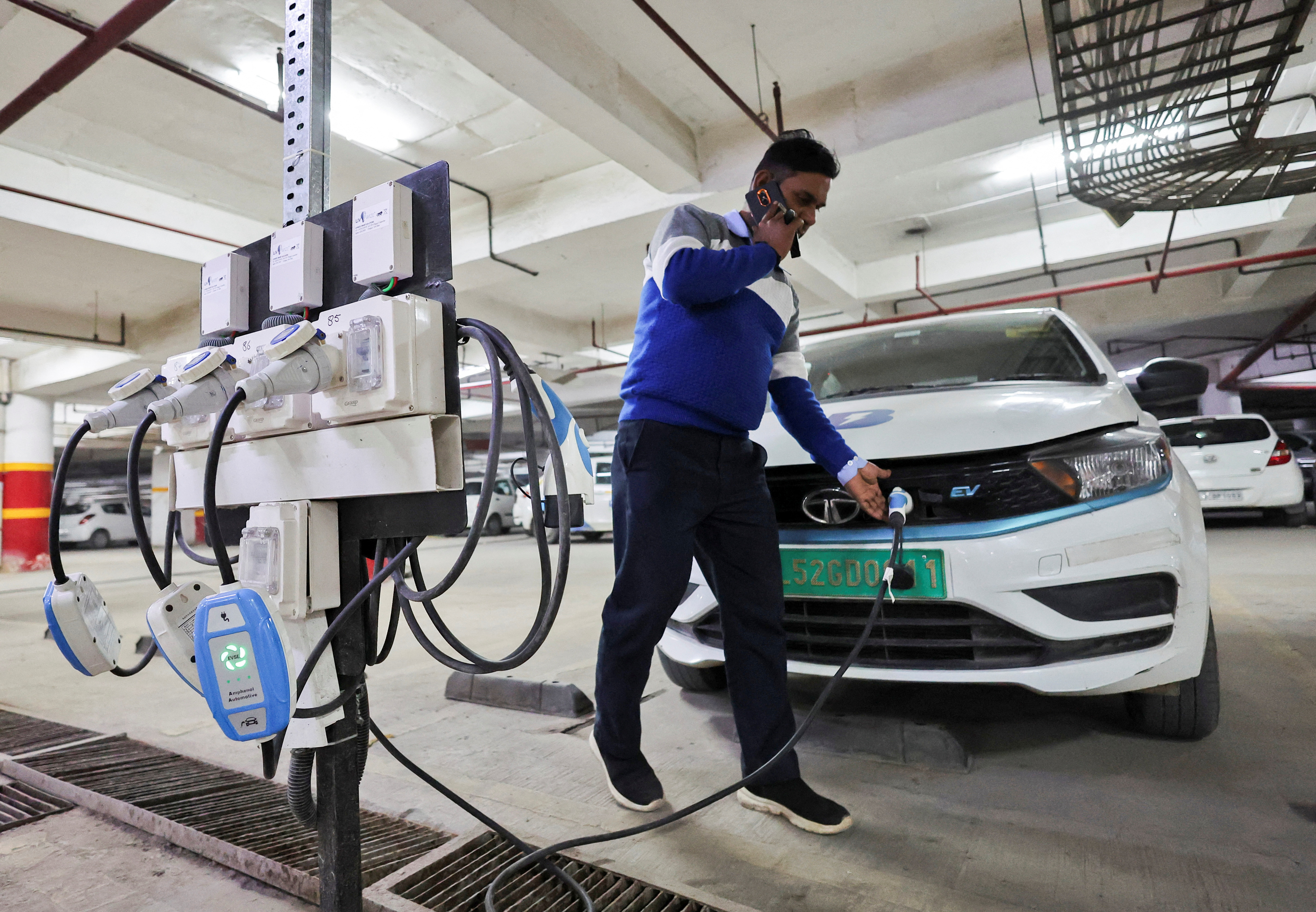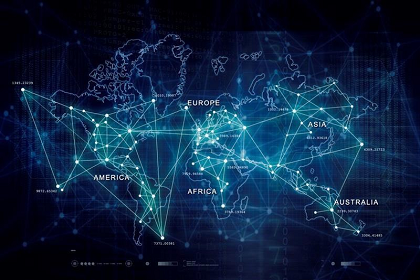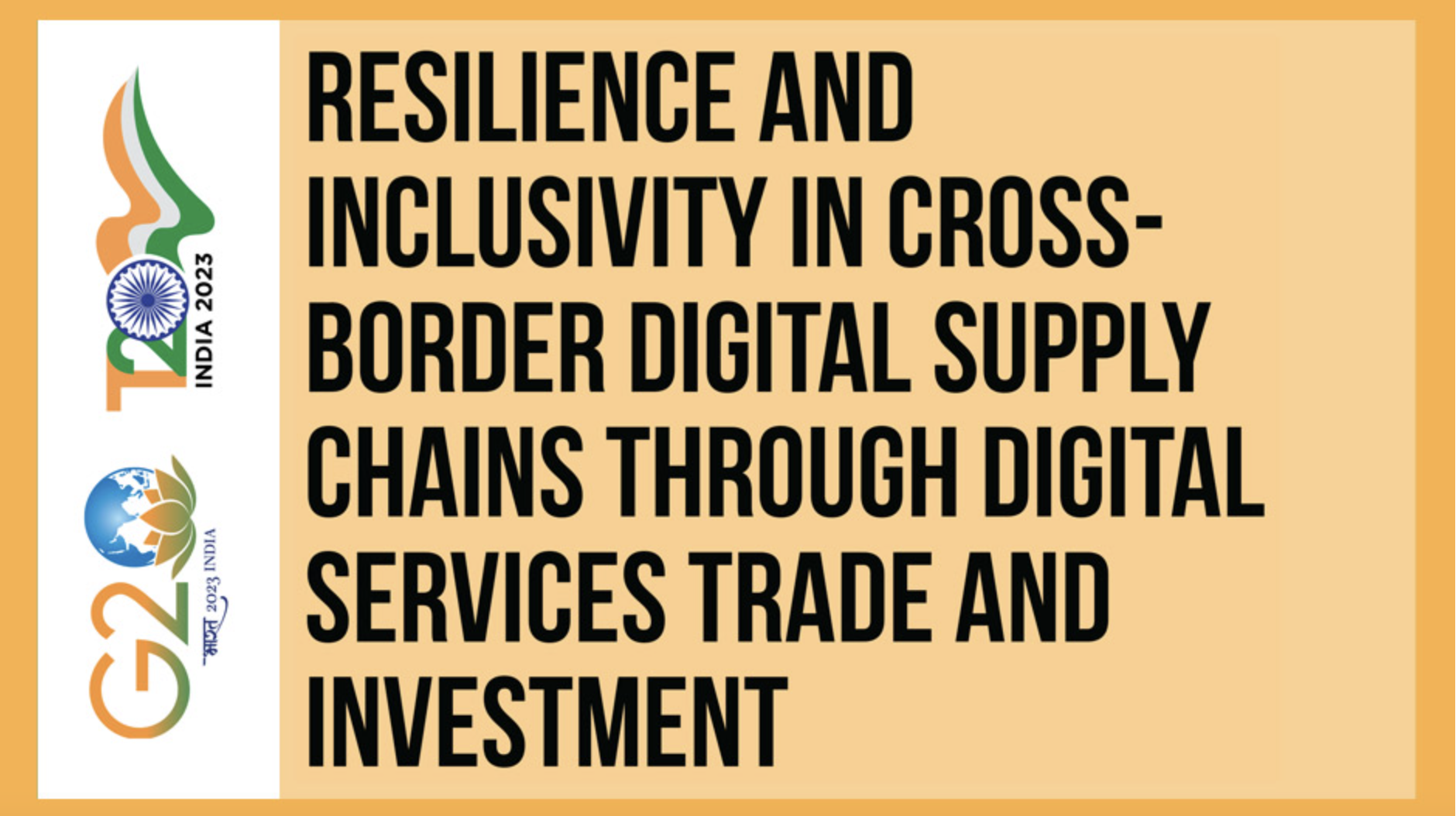China, Quad and emerging technologies
China is racing ahead in building powerful emerging technologies for use in space, cyber security, artificial intelligence and quantum computing. The Quad countries still have an edge in these capabilities – but must collaborate in the Indo-Pacific now to maintain their comprehensive national power and global influence to keep China at bay.










